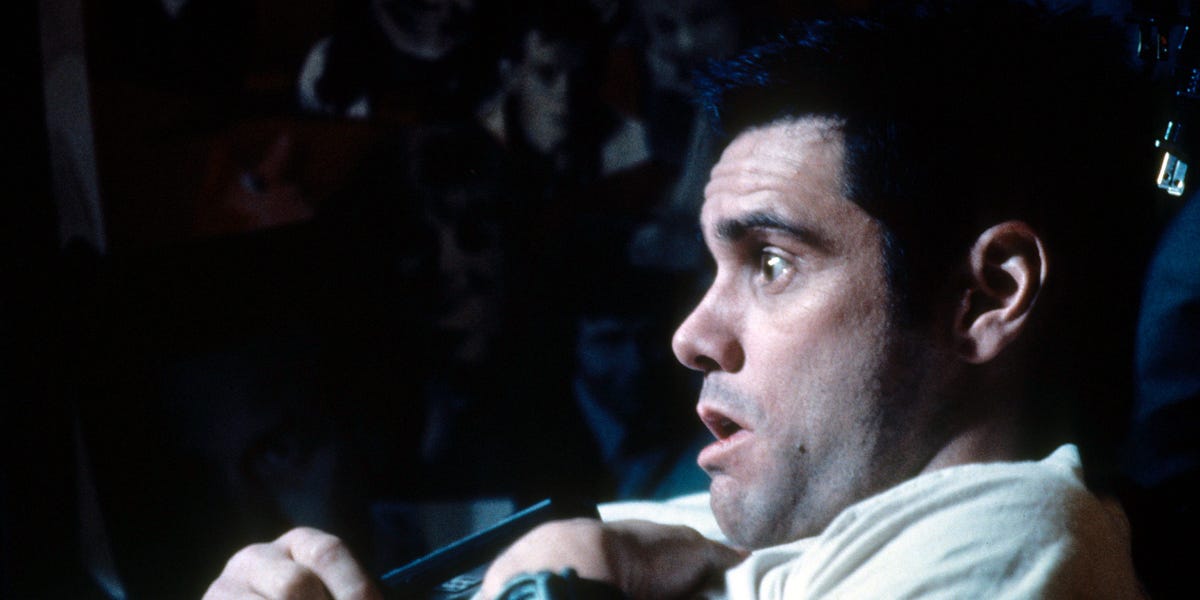- cross-posted to:
- technology@lemmy.ml
- brainworms@lemm.ee
- technology@lemmy.world
- cross-posted to:
- technology@lemmy.ml
- brainworms@lemm.ee
- technology@lemmy.world
Tech’s broken promises: Streaming is now just as expensive and confusing as cable. Ubers cost as much as taxis. And the cloud is no longer cheap::Some tech is getting pricier and looking a lot like the older services it was supposed to beat. From video streaming to ride-hailing and cloud computing.



Don’t blame tech, blame the bait-and-switch business model of loss leading products.
Uber never made money because they chose to undercut prices of all competitors and bleed them out.
I’d argue that newer streaming companies (those founded by studios, such as Disney +) did the same thing by roping in customers before jacking up prices.
It may be the “fault” of capitalism, but consider it was capitalism that birthed streaming in the first place. In the long term, the expectation would be a better solution will surface in reference to streaming… the same way streaming was a solution to cable. Thus is the business cycle.
What would that look like though? The current streaming model was pretty easy to predict ~15 years ago with the advent of online video streaming in general, especially mainstream forms of it such as YouTube. I have a hard time imagining how any other business model for distributing video content would look like, but then again I don’t have a very entrepreneurial mind.
If you had the answer you could make a lot of money
The answer was already found with music streaming. Whether you’re using Spotify, Apple Music, or YouTube whatever, you’re still getting 99% of the same content. These companies compete on price and features not on content.
That case is a bit different. Most music streaming platforms haven’t leaned heavily into the production of exclusive content like Netflix or Amazon, or own a huge swath of IPs like Disney. We might get there yet, however…if we do, we’d likely see the same price hikes and fractured availability of content.
I would do the same as was the case with cinemas: anybody can buy any streaming content. If you produce a movie, you are forced to sell it to anybody who is willing to buy it. (Just like every cinema can have any movie which wasn’t the case back then. There were specific cinema exclusives before the law forced this shit out.)
This is the way. Unfortunately, it requires competent lawmakers that dares to target anti-competitive business practices. I guess we could pin our hopes on the EU, but they might not want to open this can of bees (yet). Besides, they are plenty busy dealing with all the other areas that the US allowed to run rampant, my guess is that there’s a hard limit to how much can can be targeted at once. Let them handle right-to-repair and big tech privacy violations first, since they don’t have soft solutions / workarounds.